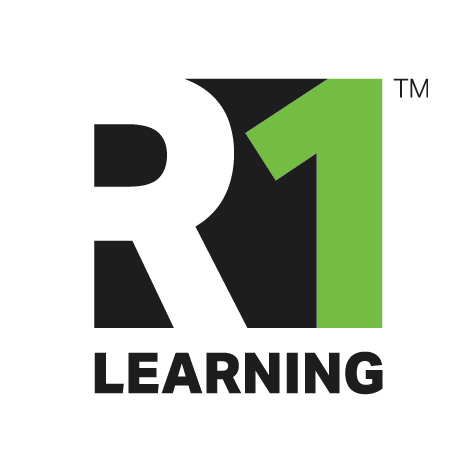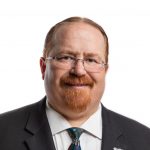By Pete Nielsen,
President and CEO of CCAPP
Rolling onto our second day for CCAPP’s 7th Annual Conference, brings our keynote speaker for the day, Dr. David Best. Dr. Best has an undergraduate degree in psychology with philosophy, a Masters degree in criminology, and a PhD in the psychology of addictions. His current research includes recovery pathways, recovery capital and its measurements, social identity theory and its implications for recovery, recovery and desistance, addiction treatment effectiveness particularly in prison settings, and mentoring. The topic of discussion that Dr. Best dives into focuses on recovery capital. This term may sound unfamiliar as it is an emerging practice in the recovery field that consists of diligent research. It’s proven to drive success in recovering patients and it’s something that should be implemented in more facilities for its great efforts in sustaining life-long recovery skill sets.
We need scientific research to improve the effectiveness of addiction treatment and recovery efforts to understand what works and what doesn’t work. Every individual is different and thus, there is no “one-size-fits-all” treatment that just magically works. Rates of recovery can continue to be improved through scientific evidence and commitment to education. So, what exactly is recovery capital? According to Granfield and Cloud, it can best be defined as, “The breadth and depth of internal and external resources that can be drawn upon to initiate and sustain recovery from AOD (alcohol and other drug) problems.” In essence, it is not a fixed value because it diminishes during active addiction and increases during sustained recovery.
In following recovery capital, we measure, plan, and engage. When measuring, we use systematic assessment of recovery resources (as well as barriers and unmet needs) to create an evidence-based profile of recovery capital to guide future actions and the next steps of the recovery journey. The next stage, planning, is where we “translate” the recovery resources into an action planning model that is based on the principles of node link mapping. This consists of a 90-day cycle of reviewing achievements and planning actions to support the recovery journey. And the third step is to engage. It is universally known that recovery cannot be done alone. Recovery is about those around them and having sober social networks. This is the last stage where we draw on community resources to support the recovery journey based on local knowledge and the interests and passions of the person in recovery.
Another aspect that enables recovery change is the acronym, CHIME. This stands for connectedness, hope, identity, meaning, and empowerment. Establishing connections and building relationships is the foundation to sustaining recovery. Having a healthy environment fosters and encourages growth in the recovery capital journey. The meticulous work in recovery research is only growing bigger – and involving more and more experts contributing to the work that is being done in finding healthy ways to recovery. The research is critical work. Every single detail eliminates another person from relapsing and this practice needs to be emphasized in the recovery field. Recovery capital is an innovative breakthrough practice emerging in the recovery field that has produced amazing results amongst recovering individuals. The academic research and rigor has created a depth and made its mark in finding sustainable pathways that last a lifetime. Dr. Best and colleagues that are a part of this work and making remarkable strides in ending addiction one person at a time. If anyone is interested in contributing to the research, please contact Dr. David Best at [email protected] or [email protected] or at his Twitter handle at @davidwbest12.


Pete Nielsen, MA, LAADC
Pete Nielsen is the President & Chief Executive Officer for the California Consortium of Addiction Programs and Professionals (CCAPP), CCAPP Credentialing, CCAPP Education Institute. Nielsen has worked in the substance use disorders field for 20 years. In addition to association management, he is an interventionist, family recovery specialist, counselor, administrator, trainer, writer, publisher and educator.
Mr. Nielsen is the secretary of the International Certification and Reciprocity Consortium, and on the publisher for Counselormagazine. He is a nationally known speaker and writer. Nielsen holds a Master of Arts in Counseling Psychology and a Bachelor of Science in Business Management.

